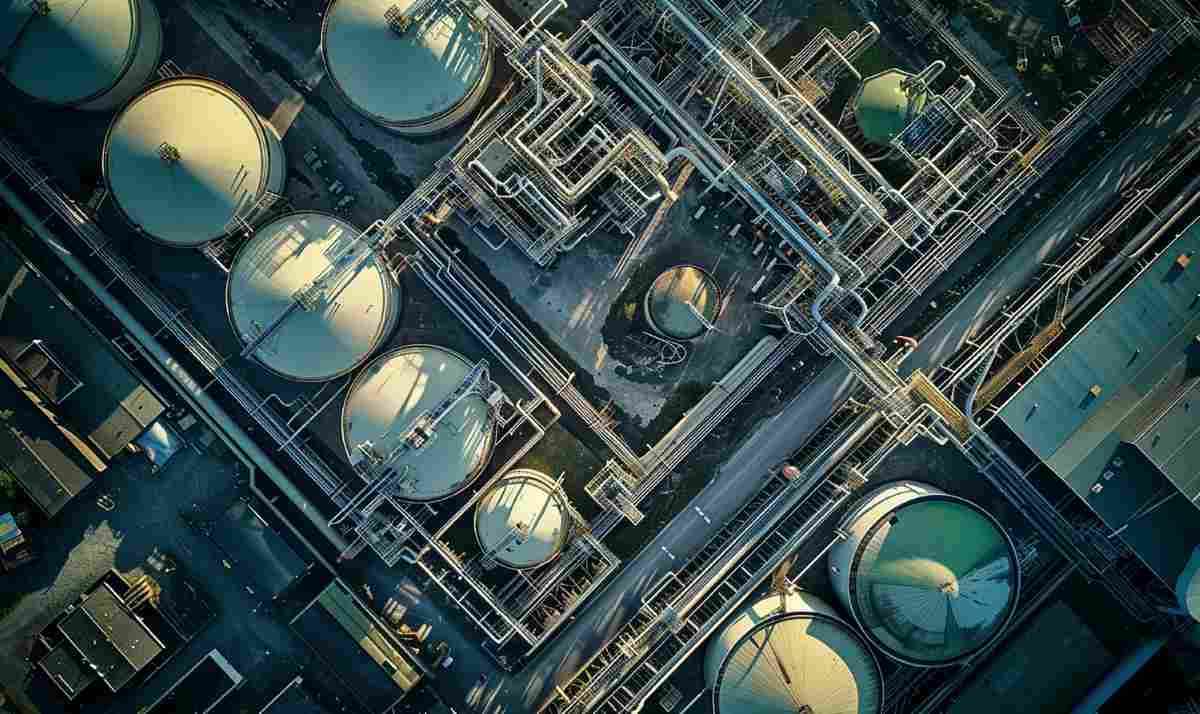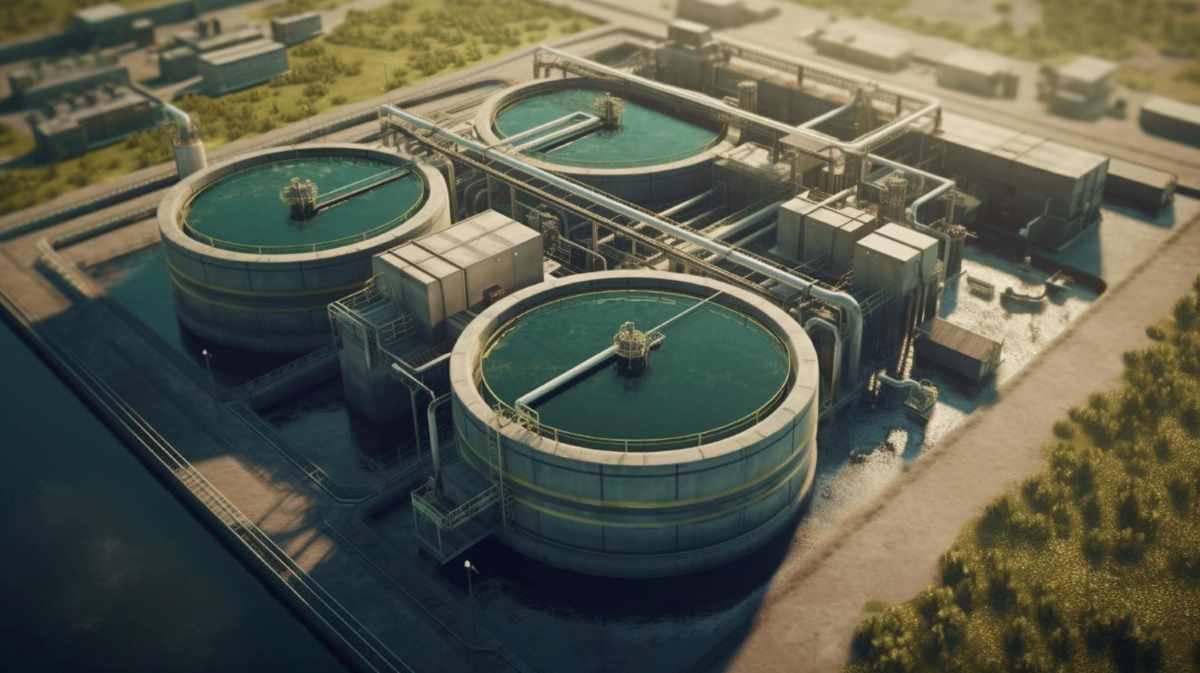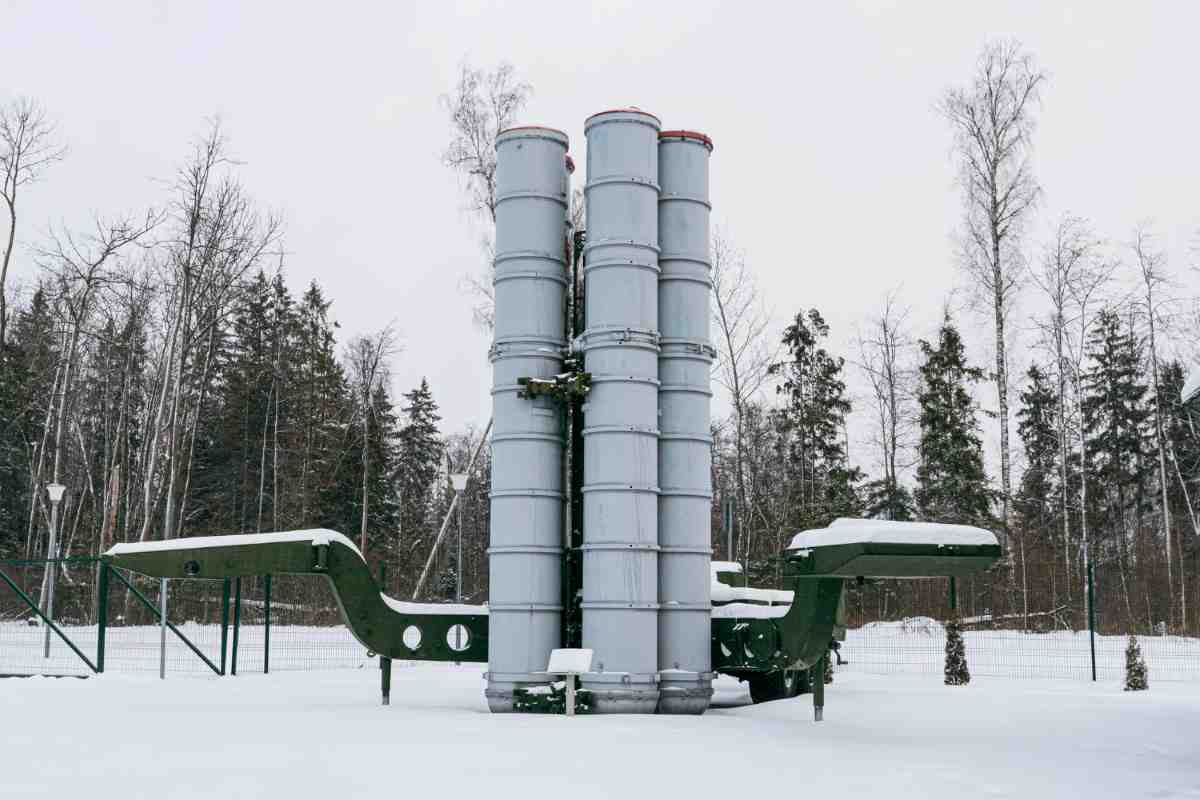The Importance of DEF Production in Emission Control
DEF production plays a vital role in reducing nitrogen oxide (NOx) emissions from diesel engines, which are major contributors to air pollution. By producing high-quality Diesel Exhaust Fluid (DEF), manufacturers help vehicles equipped with Selective Catalytic Reduction (SCR) systems convert harmful NOx gases into harmless nitrogen and water vapor. This process significantly improves air quality and supports compliance with environmental regulations.
Efficient DEF production ensures a consistent supply of high-quality fluid to meet the growing global demand for cleaner transportation solutions. Advanced manufacturing techniques and adherence to strict ISO 22241 standards are crucial for maintaining the quality of DEF. Meeting these standards helps prevent system malfunctions and guarantees the effective operation of SCR systems in diesel vehicles.
How Efficient DEF Production Supports Sustainability
Efficient DEF production is not just about meeting demand; it is also about supporting sustainability goals. By optimizing resources, such as energy and raw materials, manufacturers can reduce waste and lower their environmental footprint. Using innovative technologies like automation and real-time monitoring systems ensures production processes remain eco-friendly and cost-effective.
Additionally, sustainable practices in DEF manufacturing include recycling water, utilizing renewable energy sources, and minimizing emissions during production. These measures not only align with global environmental standards but also demonstrate the industry’s commitment to a greener future. A sustainable approach to DEF production ensures that the fluid remains a key component in the fight against diesel engine emissions.
The Role of UAN32 Production in DEF Manufacturing
Although primarily focused on agricultural applications, UAN32 production shares several technological overlaps with DEF manufacturing. Both rely on high-purity urea and advanced water purification systems to produce high-quality products. These shared processes allow manufacturers to optimize production lines and leverage synergies between the two industries.
The integration of UAN32 production with DEF facilities can enhance resource efficiency and reduce operational costs. By using similar technologies, such as reverse osmosis and advanced filtration, manufacturers can maintain strict quality standards while meeting the demands of both markets. This approach supports the sustainability and scalability of DEF production.

Technologies Enhancing AdBlue Production
AdBlue production, which adheres to the same standards as DEF 32.5%, relies heavily on cutting-edge technologies to ensure product consistency and efficiency. Automated quality control systems and real-time monitoring tools help manufacturers detect impurities and maintain strict adherence to ISO guidelines. These technologies significantly reduce errors and enhance production efficiency.
In addition to automation, AdBlue production facilities often integrate advanced water purification systems, such as reverse osmosis, to ensure ultra-pure water is used in the process. This level of precision guarantees that AdBlue meets the requirements of SCR systems, enabling diesel vehicles to achieve optimal emission reduction performance.
Water Purification Plants: The Backbone of DEF Quality
Water purification plants are critical in ensuring the high-quality standards of DEF production. These facilities remove impurities from water, producing deionized water that meets stringent requirements for use in DEF 32.5%. Impure water can lead to deposits in SCR systems, reducing their efficiency and lifespan.
Advanced water purification technologies, including reverse osmosis and UV sterilization, are commonly used in water purification plants. These systems ensure that the water used in DEF production is free of contaminants, safeguarding the performance of SCR systems in diesel vehicles. Maintaining water purity is a cornerstone of reliable DEF production.
Sea Water Desalination Plants Supporting DEF Production
In regions where freshwater is scarce, sea water desalination plants provide an essential solution for DEF manufacturing. These facilities convert seawater into ultra-pure water, ensuring a consistent supply for DEF production without depleting natural freshwater resources. Desalination technologies help manufacturers maintain high production standards in water-stressed areas.
The integration of sea water desalination plants into DEF production facilities enhances sustainability by reducing the environmental impact of water sourcing. Using renewable energy sources in desalination processes further supports the industry’s commitment to eco-friendly practices. These efforts align with global sustainability goals and ensure long-term DEF availability.

The Role of AUS Production in Global DEF Supply
AUS production, commonly referred to as AUS32, follows the same formulation as DEF 32.5% and plays a significant role in meeting global demand for emission reduction fluids. By adhering to consistent standards, AUS32 ensures compatibility with SCR systems worldwide, simplifying logistics and reducing operational complexities for manufacturers.
The standardization of AUS production facilitates international trade and ensures a seamless supply chain for DEF. This global compatibility allows diesel vehicles to operate efficiently across regions, supporting efforts to reduce emissions on a large scale. AUS production demonstrates the importance of maintaining quality and consistency in DEF manufacturing.
Reverse Osmosis Plants: Ensuring High-Purity Water
Reverse Osmosis Plants are integral to producing the high-purity water required for DEF manufacturing. These systems use advanced filtration methods to remove dissolved solids, minerals, and other impurities from water, ensuring it meets the strict quality standards necessary for DEF production.
Modern Reverse Osmosis Plants also incorporate energy-efficient technologies to minimize production costs while maintaining environmental responsibility. By delivering ultra-pure water, these facilities support the production of DEF that complies with global standards, safeguarding SCR systems and promoting cleaner diesel transportation.
Conclusion
Efficient DEF production is essential for reducing harmful emissions and supporting sustainable diesel transportation. By leveraging advanced technologies such as water purification plants, reverse osmosis systems, and sea water desalination facilities, manufacturers ensure the consistent quality and availability of DEF. Integrating production processes with industries like UAN32 production further enhances resource efficiency and scalability.
Global standards like those maintained in AdBlue production and AUS production ensure compatibility and reliability across markets, promoting cleaner transportation worldwide. As the demand for DEF grows, the industry’s focus on quality, sustainability, and innovation will continue to drive its success and environmental impact.
Frequently Asked Questions
- What is DEF 32.5%?
- DEF 32.5% is a mixture of 32.5% high-purity urea and 67.5% deionized water, used in SCR systems to reduce NOx emissions in diesel engines.
- Why is DEF production important?
- Strict production standards ensure DEF quality, preventing SCR system damage and ensuring effective emission reduction.
- How do water purification plants support DEF production?
- They remove impurities from water, ensuring the deionized water used in DEF meets stringent purity standards.
- What role do sea water desalination plants play in DEF production?
- They provide a sustainable source of high-purity water, supporting DEF manufacturing in regions with limited freshwater.
- What is AUS production?
- AUS production, also known as AUS32, is the standard formulation of DEF used globally to reduce diesel emissions.
- How does reverse osmosis benefit DEF manufacturing?
- Reverse osmosis ensures water purity by removing contaminants, supporting high-quality DEF production.
- What is UAN32 production?
- UAN32 production involves manufacturing Urea Ammonium Nitrate, sharing technologies with DEF production for efficiency.
- What are AdBlue and AUS32?
- Both are standardized DEF products, ensuring compatibility with SCR systems worldwide.
- Why is DEF 32.5% essential for diesel engines?
- It reduces harmful NOx emissions, helping diesel vehicles comply with stringent environmental regulations.
- Where can I purchase certified DEF?
- Certified DEF is available at fuel stations, automotive retailers, and online suppliers globally.

